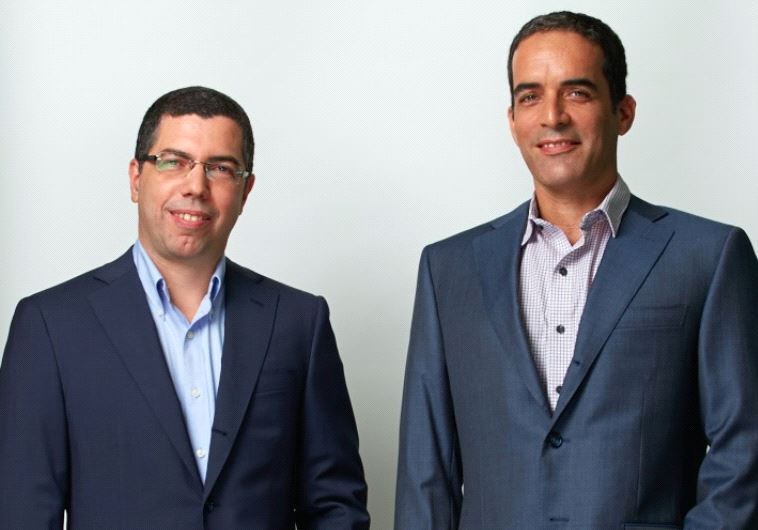IDF vets of intel unit 8200 behind one of the top 10 VCs in the world
Glilot Capital Partners seeks to invest in cyber-security, IoT, and Enterprise Software.
 Arik Kleinstein (L) and Kobi Samboursky founders and managing partners of Glilot Capital PartnersUpdated:
Arik Kleinstein (L) and Kobi Samboursky founders and managing partners of Glilot Capital PartnersUpdated: